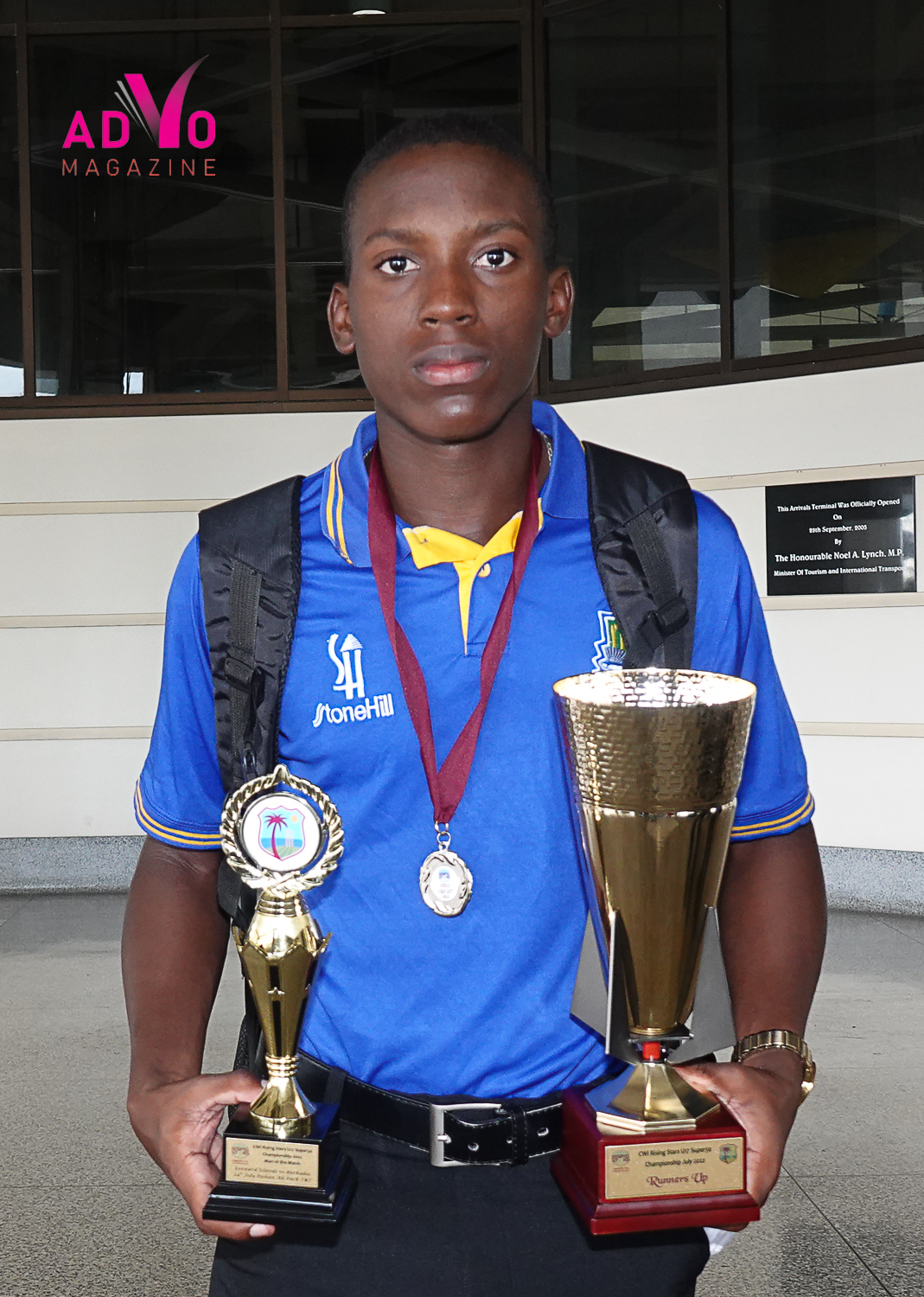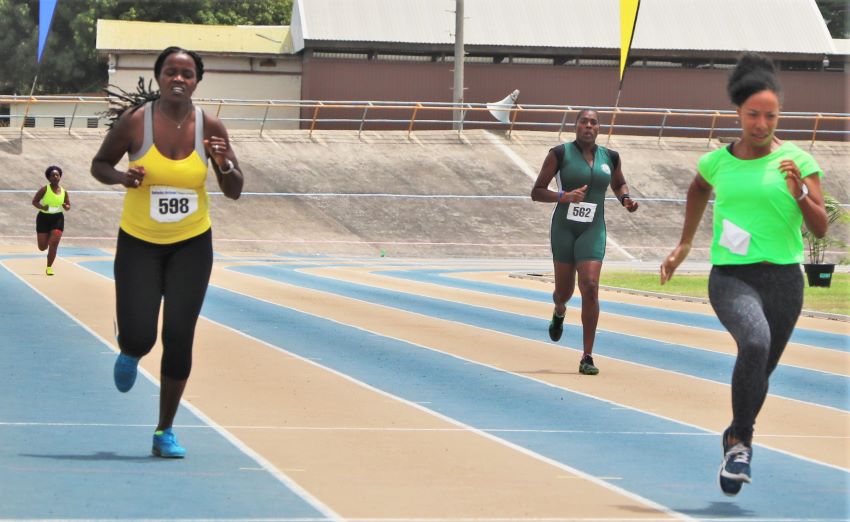by David Harris
Former Barbados and West Indies opening batsman Philo Wallace is critical of the method being used by Cricket West Indies (CWI) to select a captain of the Test team to replace Kraigg Brathwaite who stepped down from the position at the end of March.
The West Indies are scheduled to play a three-match Test series against Australia next month; and six candidates have been interviewed by CWI) as possible replacements for Brathwaite.
The six cricketers have already undergone psychometric test to determine their personality, intelligence, aptitudes, and other psychological characteristics for post. The chosen six are Joshua Da Silva, the Trinadad and Tobago wicketkeeper/batsman, Da Silva was the vice-captain of team in August last year he was dropped when the toured Pakistan earlier this year. John Campbell, the Jamaican left-handed opening batsman who returned to cricket last November following a 22-month ban due to breaching anti-doping rule 2.3 of the Jamaica Anti-Doping Commission which speaks to evading, refusing or failing to submit sample collections. Jomel Warrican, the St Vincent born left-arm spinner who has lived in Barbados for most of his life. Justin Greaves, the Barbadians all-rounder who plays for the Leeward Islands, and Teven Imlach who captained Guyana to successive regional titles in 2024 and this year.
Chris Dehring the chief executive officer of CWI confirmed that applicants were interviewed for the post while speaking on a cricket radio show last week.
“We have a process; people are being interviewed, they are being scored and then scored again, and then the team will come up with the best captain we think for the job”, Dehring said.
According to Wallace the new process differ from what is normal in West Indies cricket.
“I think the new policy in relation to finding a new West Indies Test captain goes against the grain of West Indies cricket; it might a modern-day practice, but I don’t it is feasible to sit six candidates in a room and give them questionaries or ask them questions about leadership, particularly in cricket. I know we have move on from the 1970s, 1980s, and the 1990s, and we are into a new way of thinking, we have a new dispensation with different types of ideals about West Indies cricket. But cricket is played on the field, and captains must make decisions on the field of play instinctively. Sometimes, depending on the circumstances it could be planned. But most of the time, captains make decisions based on their instinct because plans can go awry. You judge a captain on his character, and ability to deal with pressure; his capacity to outwit the opposition, and how often he uses his acumen to place the team into a winning position to Therefore; I cannot see sitting in a classroom setting and being asked questions by whoever can pinpoint the right person to lead a West Indies Test team”, Wallace told Advo Magazine.
Wallace, a former Barbados captain said that that the captain should have been selected from among the captains of the franchises in the regional Four Dy Tournament.
“The Regional Four-Day Championship. has just concluded, and if CWI is going to appoint a captain, they should have chosen someone that captained a team during the Championship. They have abandoned the policy of three selectors and have implemented talent scouts. I thought that those scouts would have been charged with identifying future West Indies captains and not just players. But that may have been an oversight or not a consideration. So now that Brathwaite has decided to step down from the post, CWI have found themselves in a little pickle not being able to identify a successor even though Da Silva was his deputy since August 2024. The emergence of Imlach during the tour to Pakistan; and his success as the captain of Guyana the Four Day Championship has added to the problem. Imlach has won the Championship twice to continue that legacy of Guyana’s dominance in regional first-class cricket”, Wallace said.
He said CWI found themselves in a predicament and decided to use a classroom setting with six candidates: They are going to probably narrow it down to two or three candidates and conduct another interview to see who scores the highest points. I do not believe in this is the correct procedure and cannot support it. In my opinion this method is another indication of the failure of the franchise system, and of CWI’s cricket not being able to point in the direction to find future leadership within our cricket setting. I wish all the candidates well may the best one win”.
“Australia will soon be arriving on our shores soon, and they are going to ready for battle. They are going to come hard at us; there is a new cycle of the Test Championship 2025 to 2026 and Australia will be looking for points. When Australia comes a calling; I hope the captain that has been selected based on points will win Test matches to give the West Indies World Test Championship points”, Wallace said.

 Sports3 weeks ago
Sports3 weeks ago
 Business4 weeks ago
Business4 weeks ago
 Religion3 weeks ago
Religion3 weeks ago
 Government7 days ago
Government7 days ago
 Business3 weeks ago
Business3 weeks ago
 Sports4 weeks ago
Sports4 weeks ago
 Sports2 weeks ago
Sports2 weeks ago
 Government2 weeks ago
Government2 weeks ago


































